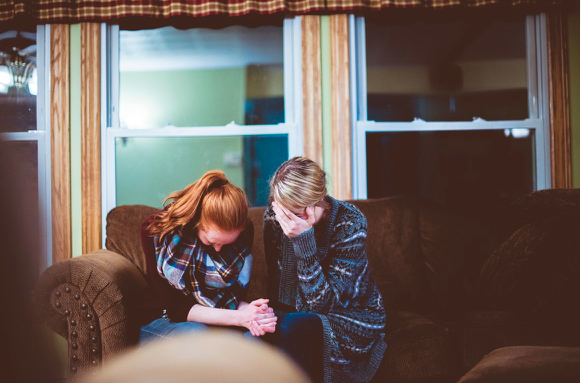Helping GPs deal with domestic violence

General practitioners (GPs) may not feel confident to detect domestic violence and sometimes feel challenged providing responses.
The developers of a world-first assessment tool hope to change this by investigating GPs’ readiness or preparedness to deal with such situations.
Developed by University of Melbourne researcher Dr Traci Po-Yan Leung, the new scale is the first directed specifically at GPs to assess their perceived readiness to identify and respond to domestic violence (DV) or intimate partner abuse (IPA).
Dr Leung conducted a qualitative GP study and a literature review to generate the General Practitioners’ Perceived Readiness to identify and respond to Intimate Partner Abuse Scale (GRIPS).
She surveyed 287 Australian GPs and GP registrars, and analysed their responses to provide psychometric evaluation of the GRIPS.
“The GRIPS is a well-defined and easily administered scale, requiring approximately 15 minutes to complete,” Dr Leung said.
“It was found to be useful in research and training, and ultimately aims to successfully facilitate disclosure and identification.”
Before this, the widely used survey tools have focused on knowledge, attitudes, beliefs and self-reported behaviours. This framework has not adequately taken into account emotional and motivational factors.
The new scale (GRIPS) comprises three sub scales: self-efficacy, motivational readiness and emotional readiness.
It has contributed to DV literature by taking these into account and allowing a more accurate assessment on GPs’ perceived readiness to deal with DV based on cognitive, motivational and emotional factors.
Published in the Australian and New Zealand Journal of Public Health, the survey also revealed that GPs with DV training, more years in general practice and more clinical experience in DV identification and response had higher perceived self-efficacy than those who had less training and relevant experience.
Motivational readiness was also found to be significantly associated with clinical experience in identifying IPA and taking responsive actions, but not related to IPA training and years in general practice.
GPs with more clinical experience in general practice and who have taken responsive actions tend to report higher perceived emotional readiness than those with less related experience.
“To increase the likelihood of translating training outcomes into behavioural changes, the existing beliefs and value systems GPs bring with them deserve research attention,” Dr Leung said.
“Training should enhance a sense of purpose and legitimise GP roles to intervene in IPA cases by emphasising humanitarian values and caring concepts.”
*This work was undertaken by Traci Po-Yan Leung as part of her PhD project in the Melbourne School of Psychological Sciences at the University of Melbourne, Australia where Professor Kelsey Hegarty, Associate Professor Lisa Phillips, and Associate Professor Christina Bryant supervised the thesis.